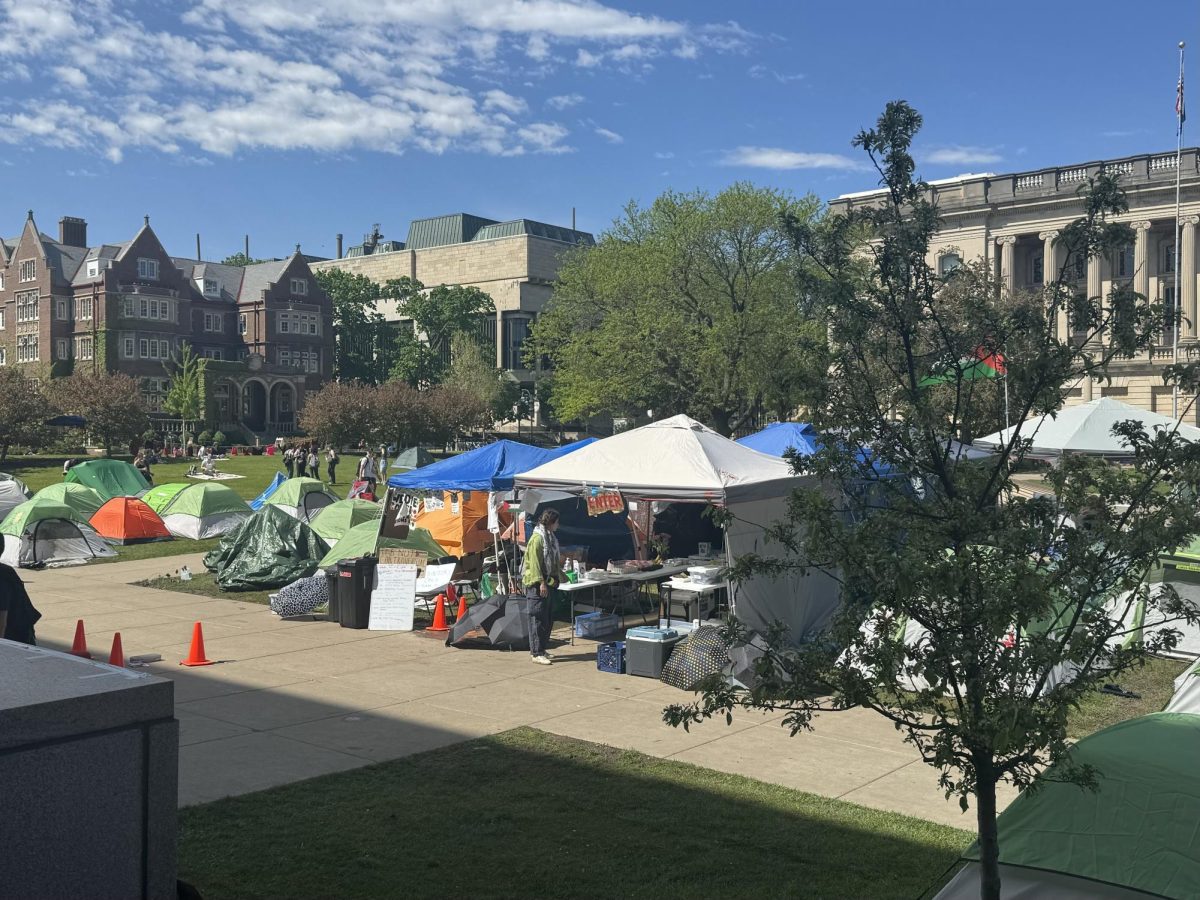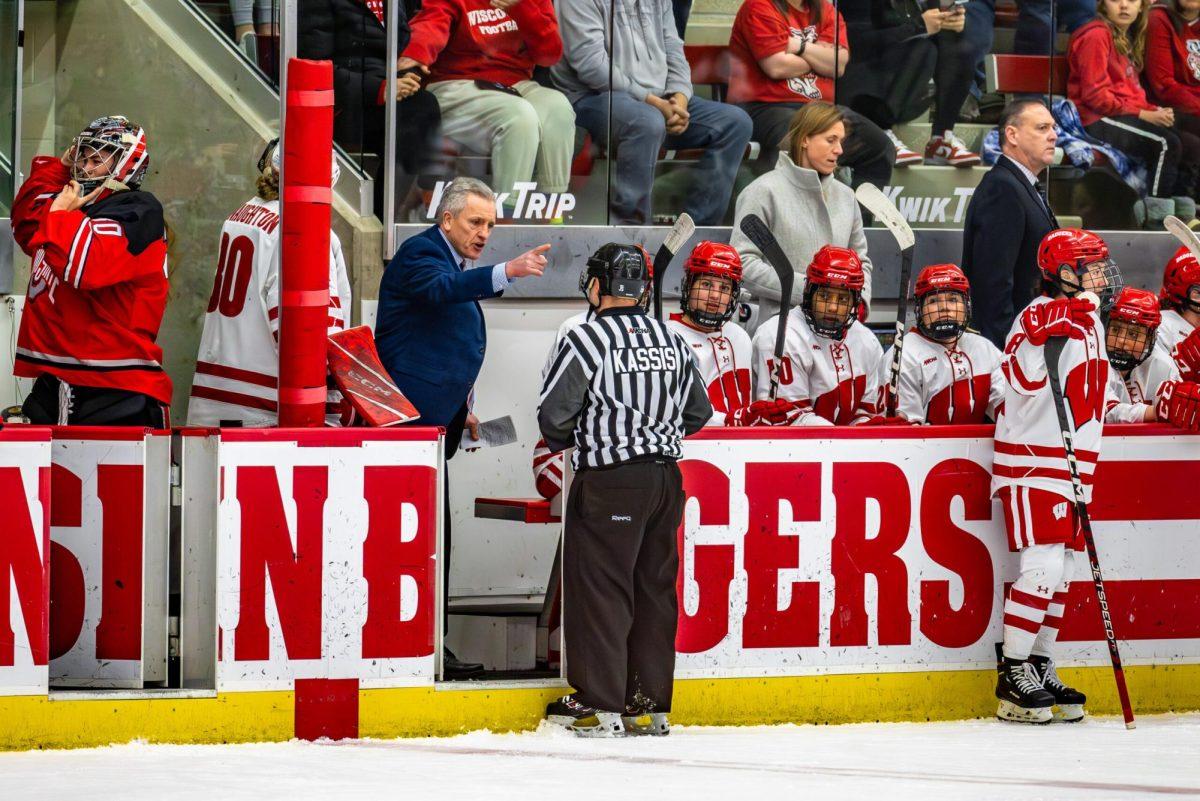By now, a majority of us have succumbed to the pressure to join the infamous Facebook, a colossal social network that serves as a constant refuge for distraught procrastinators and blends the once distinct line between admiring and stalking. The components that bind people together by similar interests, classes and photographs have inevitably transformed the virtual phenomenon into an obsessive compulsive disorder within itself, locking in 85 percent of student bodies at 2,100 supported schools. The invention of bored Harvard techs has become the biggest thing to hit college campuses since Napster and, in the midst of increasing controversy, it could soon suffer the same falling out as the mega-music sharing service.
Like all things on the Internet, the Facebook's 11 million profiles are not immune to unwanted viewers. With only a college-affiliated e-mail address being required to register, the social cobweb has become an investigatory tool for school and law enforcement officials. As Facebookers continue to openly advertise their eccentric exploits for all to see, their own words and pictures coming back to bite them in the virtual ass.
At several Kentucky universities, administrators have used incriminating Facebook photographs to discipline students for drinking in campus dorms. After two students at Fisher College in Boston (one of them the Student Council president) mocked and threatened a police officer on a Facebook forum, they were immediately expelled. Penn State police used Facebook to identify and discipline students who rushed the field after the Ohio State football game last October. The University of California, Santa Barbara, has promised harsh consequences for students posting pictures displaying "illegal activity" on the virtual network.
Indeed, you're not as anonymous as you think. For administrators, Facebook has become a legitimate search tactic perpetuated by the idiocy of students' intent on documenting their less than flattering moments. For students, it's authoritative abuse that violates constitutional rights to privacy. It's hard for claims of espionage to hold up, considering the Internet's infamy for being full of pictures and videos whose stars have no interest in being posted. Yet it's not just a matter of students idiotically advertising their careless actions — with the new "tagging" feature, unflattering photos of a student can be posted and marked by others. Essentially, documentation of illicit acts can be exposed to the Facebook network without the perpetrator's knowledge or approval.
Everyone knows that students lead double lives of diligent, passionate, hard-working, brilliant scholars and obnoxious, carefree partiers. Unfortunately, Facebook highlights the latter lifestyle, and if it begins to be used as a tool for witch hunting, then we ought to feel violated.
This recent controversy comes at a time when Facebook is already under fire for poisoning the college culture. Officials at schools all over the country have exhibited vast concerns for how checking profiles has become a ritual that holds priority over students' academic tasks. The University of Missouri-Columbia has unleashed a "Facebook task force" analyzing potential problems that may arise from students' obsessive involvement in the online network. Brandeis University in Massachusetts now holds a "Facebook seminar" for all students to warn them about the potential consequences of Facebook abuse and misuse. The University of New Mexico banned access on their campus network to the site for similar reasons. Indeed, the Facebook epidemic appears to be reaching catastrophic proportions, which is undeniably hilarious for a network where you can look up the interests of everyone from Superman to Jesus.
Though Facebook offers legitimate social services — such as party invitations and event notifications — students should not expect it to be free of unwanted viewers. Perhaps — God forbid — we'll have to go back to networking the old fashion way: personal contact. Regardless, the social network's time may be coming to an end, as the trouble it causes is slowly proving to be greater than its worth. One thing is for sure: Facebookers cannot be lulled into a false sense of security. Some employers have begun using alumni contacts to check the profiles of potential employees. Would you want any future employer viewing the details of your account? If you just shuddered, perhaps you'll want to think about altering your profile or tightening up your privacy settings.
Failing to do so could cause you to get poked — but not in the way to which you've become accustomed.
Adam Lichtenheld ([email protected]) is a junior majoring in political science and African studies.














